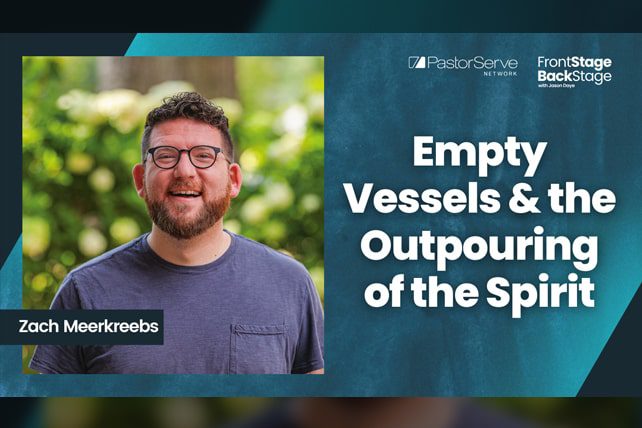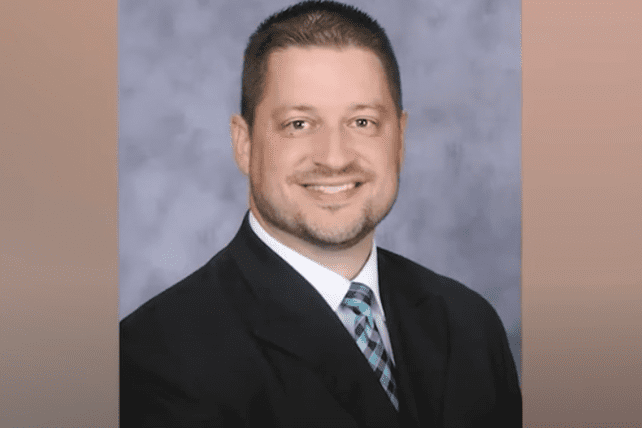One of the most vivid yet mysterious episodes in the Bible is the night Jacob wrestles with God. This pivotal moment in Jacob’s life not only transformed his identity but also symbolized the struggles and perseverance that define the human experience. Jacob’s encounter with God addresses faith, persistence, and divine intervention.
The Biblical Account of Jacob Wrestles with God
The story of Jacob wrestles with God is found in Genesis 32:22-32. As Jacob prepares to meet his estranged brother Esau, he is filled with anxiety and fear. Having deceived Esau years earlier, Jacob is unsure of the reception he will receive. The night before their reunion, Jacob finds himself alone, and an unknown man begins to wrestle with him until daybreak.
RELATED: Wrestling With God
During the struggle, Jacob refuses to let go, even as the man touches his hip and dislocates it. Realizing that he is not wrestling with an ordinary man but with a divine being, Jacob demands a blessing. In response, the man gives him a new name—Israel, meaning “one who struggles with God.” This name change marks a transformation in Jacob’s life, signifying his new spiritual identity and destiny.
The Meaning Behind Jacob’s Struggle
The struggle between Jacob and God has been interpreted in various ways by scholars and theologians. Some see it as a physical manifestation of Jacob’s internal struggle—his fears, regrets, and need for redemption. Others view it as a direct encounter with the divine, symbolizing the perseverance required in faith and spiritual growth.
Jacob wrestles with God, and it becomes a reminder that encountering God is not always a gentle experience. Sometimes, faith requires wrestling with doubts, hardships, and personal transformation. In refusing to let go of God, Jacob exemplifies the determination necessary to receive divine blessings.
Transformation and New Identity
The change of Jacob’s name to Israel signifies a profound shift in his life. No longer defined by his past deceit, he emerges as a man who has faced God and survived. This transformation highlights the biblical theme of redemption and renewal.






 Are our lives and ministries truly being shaped by the Spirit, or are they shaped perhaps by our insecurities, disappointments, our own ambitions, and our other baggage? In this week’s conversation on FrontStage BackStage, host Jason Daye is joined by Zach Meerkreebs. Zach had a unique experience on Feb. 8, 2023, when he preached the sermon at the chapel service at Asbury University. This led to a 16-day spiritual revival, now known as Asbury Outpouring, which had ripple effects across the country and even around the world. Zach now serves as the Pastor in Residence at Asbury, and his most recent book is titled “Lower.” Together, Zach and Jason explore how we can invite the Holy Spirit in to help us assess our feelings, whether negative or positive, that surround our ministry activities and how we engage in serving others. Zach also shares from his personal experiences of grief, loss, vulnerability, and humility and provides some essential spiritual practices that can help us empty ourselves as we prepare to serve.
Are our lives and ministries truly being shaped by the Spirit, or are they shaped perhaps by our insecurities, disappointments, our own ambitions, and our other baggage? In this week’s conversation on FrontStage BackStage, host Jason Daye is joined by Zach Meerkreebs. Zach had a unique experience on Feb. 8, 2023, when he preached the sermon at the chapel service at Asbury University. This led to a 16-day spiritual revival, now known as Asbury Outpouring, which had ripple effects across the country and even around the world. Zach now serves as the Pastor in Residence at Asbury, and his most recent book is titled “Lower.” Together, Zach and Jason explore how we can invite the Holy Spirit in to help us assess our feelings, whether negative or positive, that surround our ministry activities and how we engage in serving others. Zach also shares from his personal experiences of grief, loss, vulnerability, and humility and provides some essential spiritual practices that can help us empty ourselves as we prepare to serve.





















